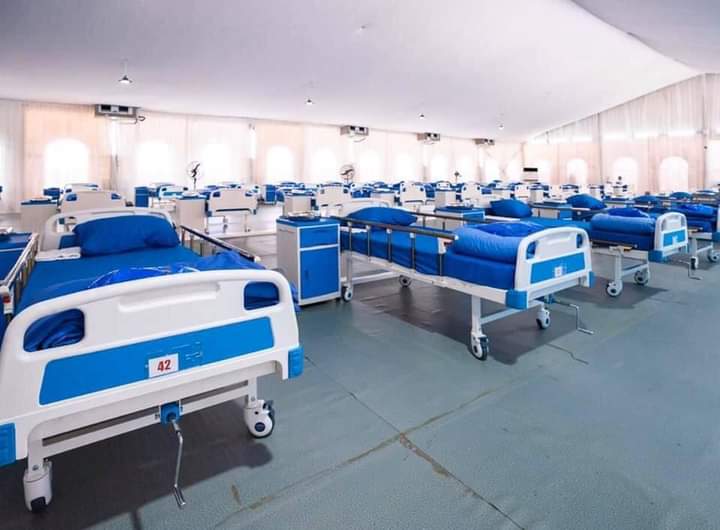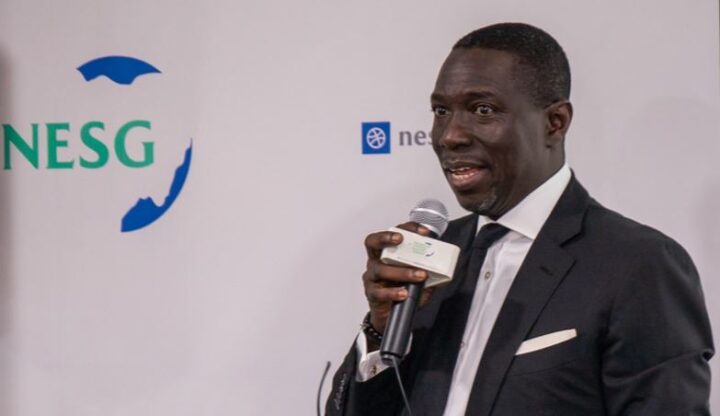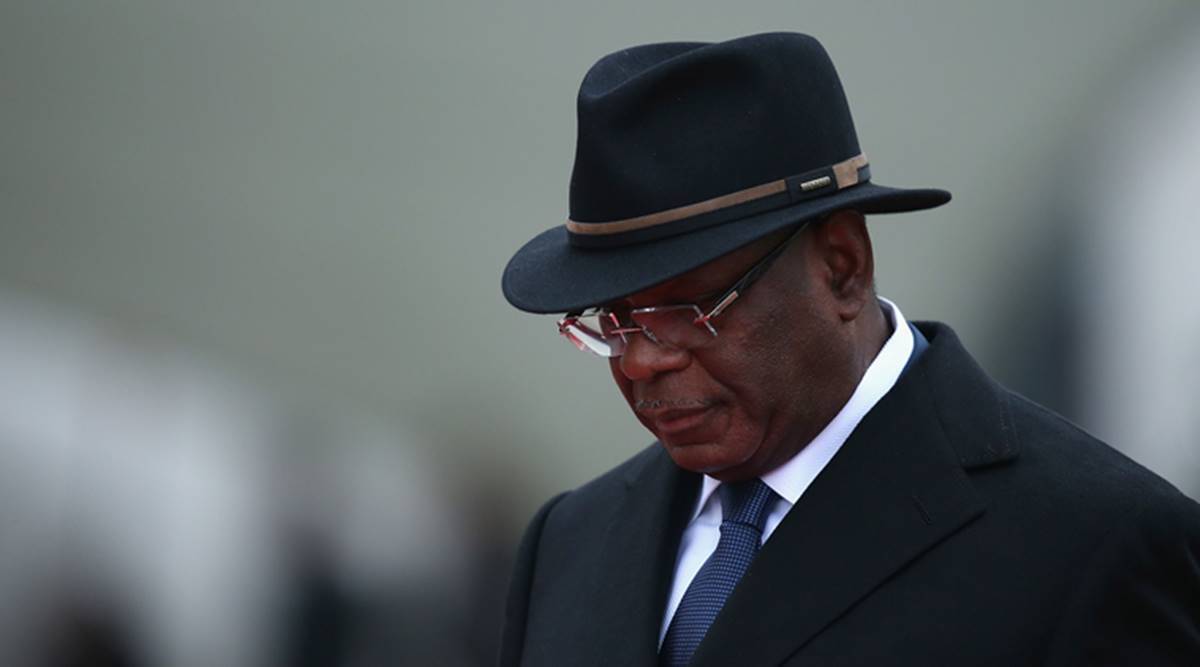The total number of COVID-19 recoveries in Nigeria crossed 37,000 on Tuesday with 217 patients discharged in the last 24 hours.
With the new recoveries, a total of 37,051 patients have now been discharged across the country.
The new figure, which was announced by the Nigeria Centre for Disease Control (NCDC) in its update for August 18, 2020, represented a drop from the previous day when 337 patients were discharged.
On Tuesday, 410 new positive samples were confirmed in 15 states and the federal capital territory (FCT), with Lagos recording the highest with 210 cases.
Advertisement
Four new deaths were also recorded, bringing the country’s current fatality toll to 981.
More than 355,000 samples have now been tested across the country, out of which 49,895 have now been confirmed positive, with 11,863 still active cases.
410 new cases of #COVID19Nigeria;
AdvertisementLagos-210
FCT-45
Ondo-30
Plateau-21
Edo-19
Ogun-16
Oyo-13
Nasarawa-12
Bauchi-11
Enugu-10
Kwara-7
Kaduna-6
Anambra-4
Ebonyi-3
Abia-2
Rivers-149,895 confirmed
37,051 discharged
981 deaths pic.twitter.com/3wG5WQmEcz— NCDC (@NCDCgov) August 18, 2020
Advertisement
As efforts continue on finding a cure for COVID-19, the World Health Organisation (WHO) says countries need to understand the importance of ensuring fair distribution when a vaccine is approved.
Speaking at a media briefing on Tuesday, Tedros Ghebreyesus, director-general of the WHO, emphasised the need to discourage nationalism of vaccines,
“We need to prevent vaccine nationalism. And for this reason, WHO is working with governments and the private sector to both accelerate the science, through the ACT-Accelerator, and ensure that new innovations are available to everyone, everywhere starting with those at highest risk,” he said.
“Since May, WHO has been in extensive consultations to develop a new framework to guide fair and equitable access to diagnostics, therapeutics and vaccines, for COVID-19 across all countries. These cross-cutting principles are key to the promotion of equitable access and fair allocation of these essential health products for the greatest impact globally.
Advertisement
“For example, once a successful vaccine has been identified, WHO’s strategic advisory group will provide recommendations for their appropriate and fair use. The allocation of vaccines is proposed to be rolled out in two phases: In phase one, doses will be allocated proportionally to all participating countries simultaneously to reduce overall risk. In phase two, consideration will be given to countries in relation to threat and vulnerability.”
Advertisement
Add a comment






